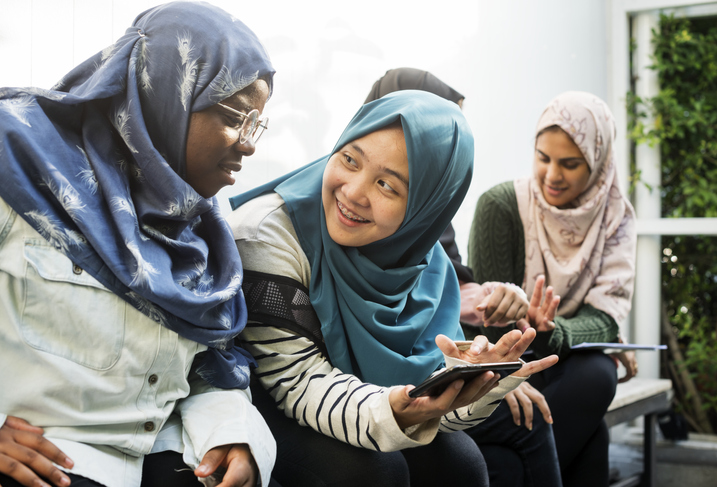
The British Council has published the Theory of Change and baseline assessment of the Skills for Inclusive Digital Participation (SIDP) programme which was produced by Winning Moves as part of their monitoring and evaluation work on the programme. SIDP creates opportunities for digitally excluded individuals (DEI), including women, young peopled from disadvantaged backgrounds and those with disabilities, to develop the skills they need to participate fully in the digital economy and wider society. The programme is currently running in Indonesia, Kenya and Nigeria.
Not having the skills or facilities to access online information safely causes real hardship, while digital inclusion can help achieve long-term economic change. However, DEIs have historically been left behind by generic, large-scale interventions to develop digital skills: with interventions often not compatible for the lifestyles of these individuals, learning content that doesn’t feel relevant and neither content or delivery addressing the barriers that are causing digital exclusion.
As described in the Theory of Change (which can be found here on the British Council’s website), the SIDP programme is based on the theory that by delivering digital training to these groups in a flexible manner that is adapted to their lifestyle and by making training materials more relevant, the learners will develop the competencies needed to take part in digital life and online activities safely, as well as enhance their livelihoods through entrepreneurship that leverages online resources and markets (which is the intended programme impact).
SIDP supports two groups: Community Level Trainers (CLTs) also come from digitally excluded groups and those receiving the training (learners). Winning Moves’ baseline assessment (found in its entirety here) provides an understanding of the existing levels of skills held by CLTs and learners and key learnings to inform the remainder of the project delivery. Highlights from the report include:
- Co-creation of the training materials meant that key stakeholders are confident in the quality and thoroughness of the materials
- CLTs are from, and have strong links with, the communities they serve
- Project delivery teams are working flexibly to meet the needs of the target audience. For example, training spaces were adapted as nurseries to allow mothers to bring their children.
- The biggest challenge was timescales, with some aspects of project delivery taking longer than anticipated, including materials development and procurement of implementing partners.
- Three days of training may not be enough for learners to practice their learning, which could negatively impact outcomes related to economic opportunities.
Winning Moves is finalising an end of project assessment to understand the outcomes, how they were achieved, and lessons learned for future projects. We will continue to work with the British Council as a monitoring, evaluation and learning partner to deliver a short-intermediate evaluation, as well as a further longitudinal evaluation to measure longer term project impact.
The Skills for Inclusive Digital Participation project is funded by the Foreign and Commonwealth Development Office through the UK Government’s Access Programme and is delivered by the British Council.
Winning Moves is a trusted research and evaluation company that informs thinking and supports decision making by designing and delivering proven and robust insights. Through our work we assist a wide range of organisations in gathering, synthesising and making sense of evidence to create better policies, programmes, regulations and other interventions.
